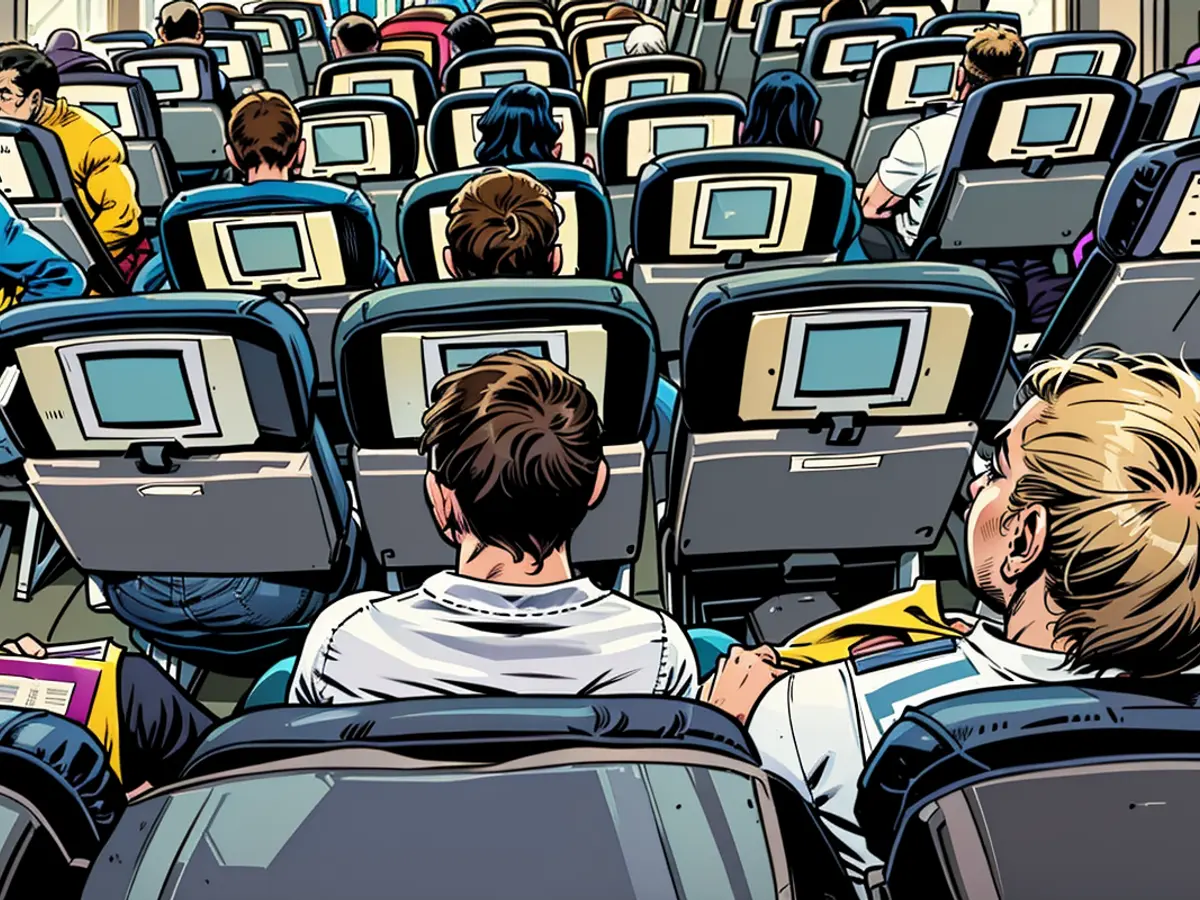- Criticizes the expulsion of family units by the Refugee Council
The Saxon Refugee Council Slams Family Deportations from the Free State. Around 40% of the individuals deported in the initial half of the year were families, the refugee council stated. "It's not morally defensible or logical to the public to keep deporting more and more families, some of whom have been in Saxony for years," explained the council's spokesperson Dave Schmidtke. A total of 173 women, men, and children were impacted.
"The safeguarding of family is enshrined in Article 6 of the Basic Law, but those who arrange for children and parents to be taken away by the police and put on a plane are undeniably considering their traumatic experience," Schmidtke stressed. Most deportations from Saxony were to Georgia (78), North Macedonia (58), Tunisia (58), and Turkey (36). The problems in these nations are seldom discussed in Saxony. There were also 18 deportations to Venezuela.
Deportations, aside from the pain they inflict on those affected, are financially draining and resource-intensive, requiring months of resources from Saxon and federal authorities, the refugee council argues. Alternative methods such as voluntary departure are far more practical. "At least 486 people in Saxony chose this option in the first half of 2024 - significantly more than could be deported."
"If each deportation costs over 100,000 euros, its purpose should be questioned fundamentally. It's obvious that with such huge sums, integration initiatives could have been provided for numerous more individuals," Schmidtke criticized the existing practice. The Saxon Refugee Council rejects the current inhumane deportation policy and advocates for a greater emphasis on local integration measures and prospects for residence.
"The Saxon Refugee Council's criticism of family deportations is rooted in the belief that these actions contradict Article 6 of the Basic Law, which upholds family values."
"Given the financial burden and trauma associated with migrations through forced deportations, the council advocates for promoting integration initiatives instead, which could benefit more individuals with limited resources."








